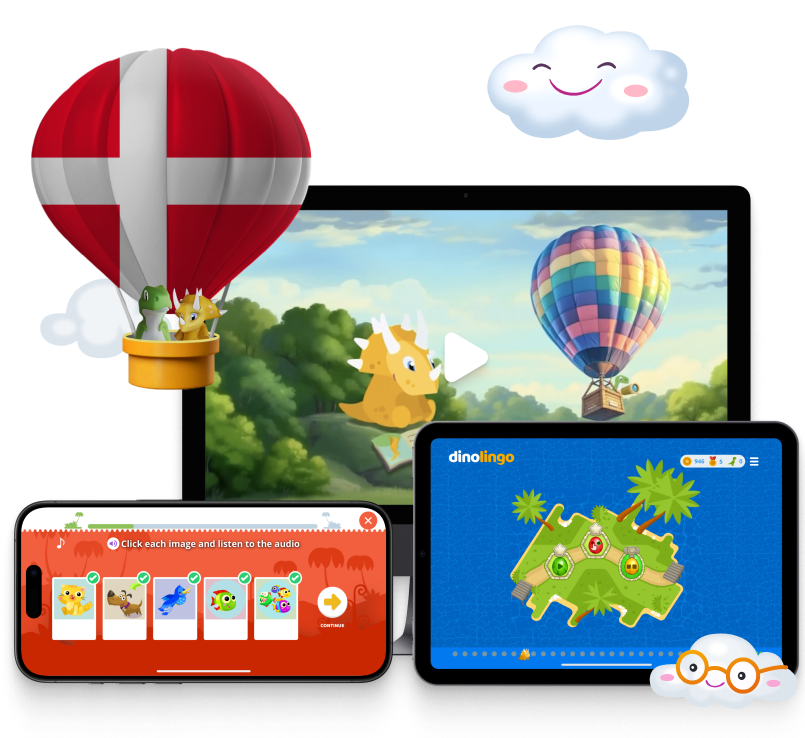What Makes Danish Christmas (Jul) So Unique?
In Denmark, Christmas is called Jul, a word that comes from the Old Norse jól, meaning “midwinter.” Long before Christianity, midwinter festivals were important cultural events in Scandinavia. Today, Jul blends ancient traditions with modern holiday cheer.
Christmas in Denmark
Unlike many countries that focus on December 25th, Danes celebrate Christmas Eve, called Juleaften, on December 24th. Families usually gather around 6 p.m. for a festive dinner. The traditional meal includes boiled potatoes, red cabbage, and brown gravy, often served with roast duck or goose. Some families prefer a special Danish version of roast pork called flæskesteg or a spiced sausage called medisterpølse.
For dessert, families enjoy ris à l’amande—a cold rice pudding with chopped almonds and vanilla, topped with warm cherry sauce. One whole almond is hidden inside, and whoever finds it wins a small prize.
After dinner, candles are lit on the Christmas tree, and families sing songs and sometimes dance around the tree before opening presents.
Other Danish Holidays
Denmark celebrates many holidays throughout the year with food, family gatherings, and music. Each celebration has its own unique customs and meals:
- New Year’s Eve: Traditionally includes a dinner of boiled cod and is celebrated with fireworks and seasonal beer.
- Easter: Families gather for a special lunch that often includes roast lamb and springtime dishes.
- Martin Mass (Martinsdag): Celebrated in November, this holiday often features roast goose.
- Fastelavn (Shrovetide): Held in February, children dress in costumes and go door to door singing and asking for treats or coins.
- May 1st: Originally a labor celebration, it now includes public speeches, food, and music in parks and town squares.
- Saint Hans’ Eve (June 23rd): A midsummer celebration with large bonfires, songs, and speeches. A straw figure representing a witch is often burned as part of the tradition.
- Harvest Festivals: In August and September, rural areas celebrate the harvest season with food, dancing, and local fairs.
- Summer Holidays: Many Danish families take a three-week vacation in July or August, often spending time near the sea or countryside.
These celebrations are deeply rooted in Danish culture, often centered around seasonal changes and family life.
To explore Danish holidays and language in a fun and interactive way, children can learn through Dinolingo. Dinolingo offers Danish lessons for kids aged 2–14 with animated videos, songs, games, and offline printables. It’s available on the web, iOS, and Android, and one subscription supports up to 6 users.
Start Learning a New Language Today!
Best Language App for Kids.
7-day free trial. Then only $19/month. Cancel anytime.

